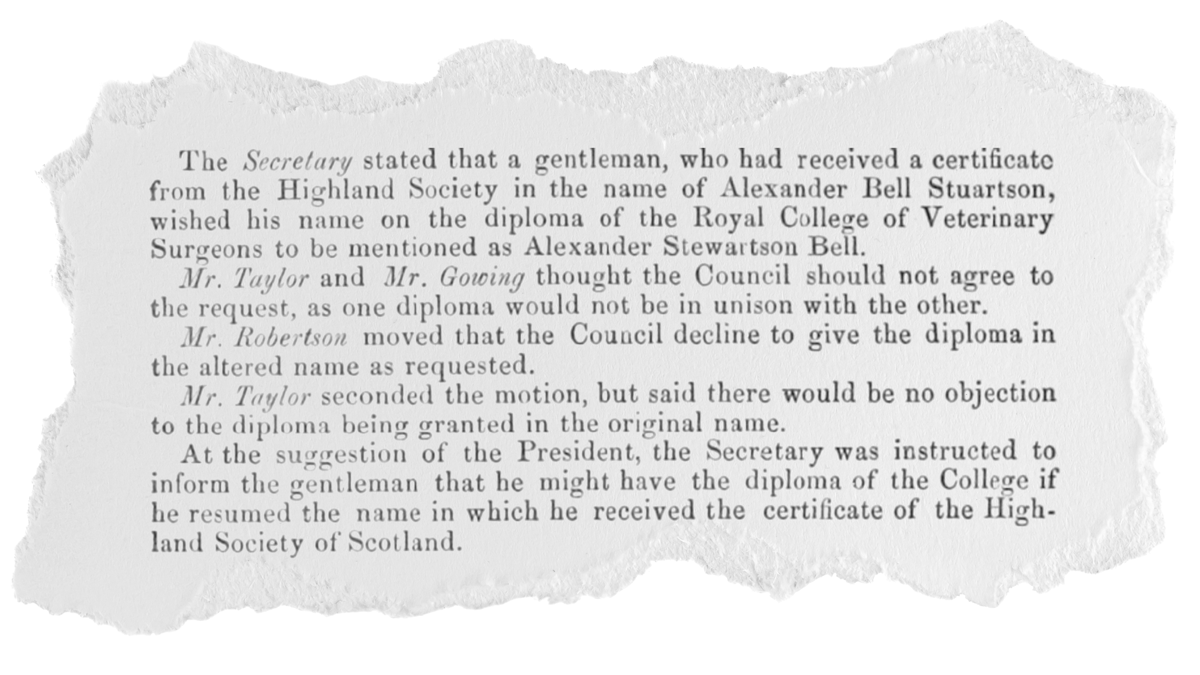7 Nov 2023
Veterinary history buff Jane Davidson takes a look at the history of the RCVS register, highlighting the importance of accuracy and ensuring you complete all your paperwork with care.

Image © highwaystarz / Adobe Stock
As RVN register renewals appear in our inboxes, my research on the early world of veterinary registration and the accuracy of the paperwork seems as relevant as ever.
Registering with the RCVS is a great moment for vets and vet nurses – you’ve gained your qualification and have met the criteria to use the post nominals MRCVS and RVN – all confirmed with your certificate or e-certificate with your name on it.
When the RCVS was established in 1844, most people would think this was the start of the register as we know it today, but it was more of an evolution than a revolution.
The first attempt at a register was in the 1840s, with Thomas Mayer recording the vets he had been in contact with to petition for the RCVS to be established.
Post 1844 there was no statutory requirement to keep a register, but incoming letters to the RCVS demonstrate a professional and public desire to identify those vets that were qualified and those that weren’t, thus a register was created. Initially this was more of a list of vet school graduates, but over time it became a list of those with the RCVS diploma.
Letters appear in the archives with requests to check the register from Canada, the USA, India and Mauritius.
The diplomas to prove membership of the RCVS were obviously paper versions, and there were requests to obtained copies of diplomas for various reasons.
In normal circumstances a new copy would not be issued, but some unusual situations arose that allowed for a new diploma – these included a diploma being lost overboard from a ship, or being stolen by “natives”! For such dramatic diploma losses, duplicates were supplied once they were approved by RCVS council.
However in one instance a duplicate certificate was refused for a reason that will be familiar to those working in registry today:
In 1880, at a quarterly meeting of council on 13 October, the diploma copy request is submitted:

Of course, now we have the online record of registration and you annually confirm your suitability to be on the register. Although the register process worked differently in the nineteenth century, you still had to have registered with your full and correct name for your education to ensure the correct name on your RCVS diploma.
In this instance rather than alter a diploma the applicant is asked to use the name “in which he received the certificate of the Highland Society of Scotland”.
So, make sure you complete all paperwork with care, as it’s your college who submits your RCVS application information. Mr Alexander Bell Stuartson would highly recommend it…